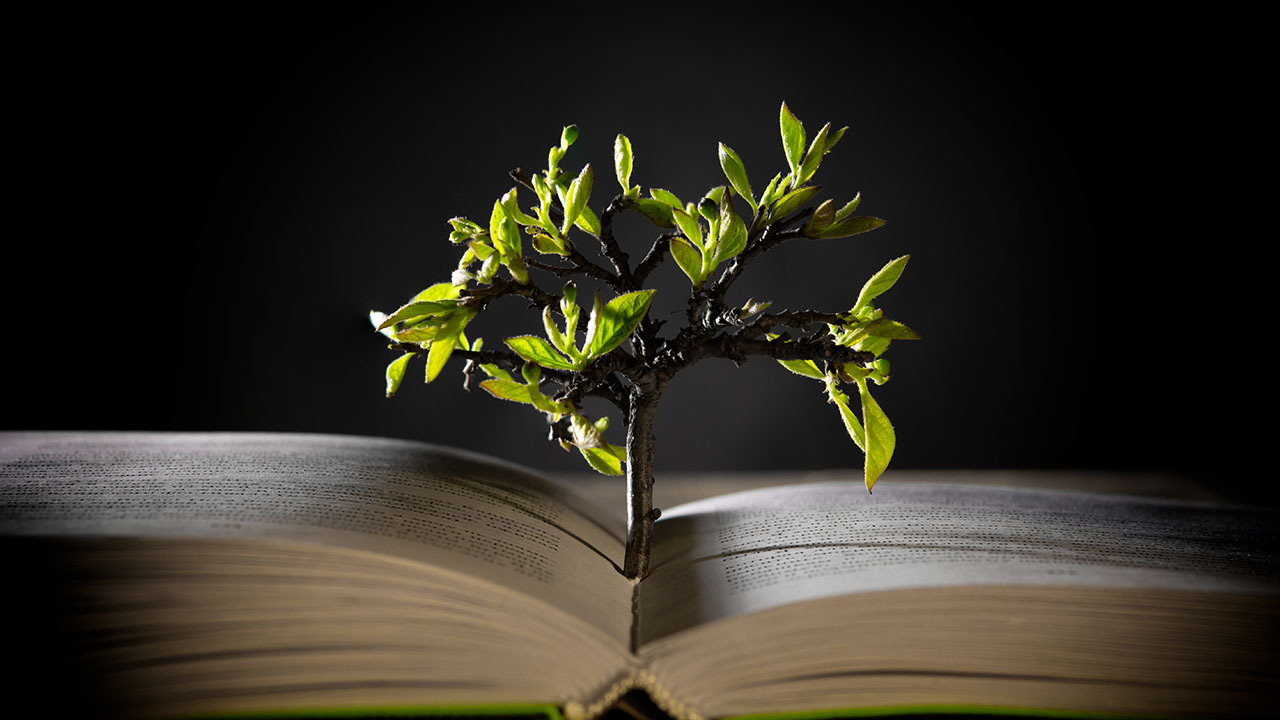Can alternative education hold the key to thriving teens?
7 May 2020 — Written by Mihika Shankar

Why crawl through life when you were born to fly? – Rumi
There is a peculiar similarity in the way most cultures in the world think of high school years. These formative years are viewed as those to be survived, rather than to be savoured and enjoyed.Interestingly, when our children are young, we urge them to be inquisitive about the world, ask questions and seek the truth about issues that matter to them. Unfortunately, their advent into high school automatically straitjackets them into conforming to the education the society believes to be useful. As a result, they are subjected to a spectrum of stressors, many of which are completely avoidable.
Pressure to perform
Conventional schooling runs on the flawed notion that learners must be pitted against one another in order to gauge their merit. Rather than viewing each learner as an individual with unique strengths, it reduces them to their ability to memorize and regurgitate their lessons. In the end, the process of learning comes down to survival in a never-ending rat race.
Pressure to conform
In the early 19th century, the industrial revolution required schools to mass produce workers who would take orders from their factory managers and conform to set processes. Despite putting our men and women on the moon and building smart cities, we have somehow failed to upgrade our education systems to the same level of advancement. Though outdated in the modern day, the pressure on learners to study the same subjects, irrespective of whether they are a match for their innate talents or life goals, is immense. Even our methods of assessment rely on uniform testing which leads to unfair comparisons between peers with equal potential and talent.
Pressure to balance
While the jury will always be out on whether we need to raise the next generation to be generalists or specialists in their fields, the fact remains that learners today feel the pressure to excel in both academics as well as their passion. This is by no means an easy feat to pull off in the current system of education, where one has to likely choose between the two options.
In short, the traditional system of education has led us to believe that we need to equip our teens to survive, when in reality, we need to equip them to thrive. When compounded with unrealistic societal expectations and ruthless competition for limited University seats, we are left with a generation at a high risk of mental health problems and a myopic view of success.
According to the WHO, childhood conditions can have lifelong impacts on the development of core cognitive and emotional skills of a person. It establishes one of the major risk factors for mental health in children as difficulties or failure at school. Closer to home, one in four teens are affected by depression. There is a dangerous misconception among societies that the earlier our learners are put through gruelling experiences, the stronger they will be to handle the pressures of real life.
However, this could not be further from the truth. In an ideal world, schools ought to provide their learners a safe haven to be their authentic selves; they must be sanctuaries of growth, support and collaboration, which allow children to discover their passions and pave their distinct paths to success. The good news is that, for years, alternative schools have already been creating environments conducive for their learners to flourish – with abundant opportunities for problem-solving, leadership, entrepreneurship and creative thinking.
Families are becoming increasingly aware of the importance of raising mentally strong youth and are opening up to the benefits of exploring unconventional, alternative forms of education. Contrary to the traditional belief, alternative schools are more than refuge for children with social and behavioural issues. They are also gifted learners who require flexibility and agency to pursue their goals. They are also for learners who are differently abled and need to feel included in a group. They are for learners who have inquisitive minds and nimble hands but are not sure what to do with them (because it is OK to not have a plan).
As parents, quality education will be the one of the most valuable gifts we will give our children in the 21st century. But, of what use are wings to butterflies if they are trapped in glass jars? It is time we collectively resolve to put the mental health of our young learners on top priority by providing them access to alternative pathways of education. Young learners need their schools to be a perfect fit, in order to be encouraged and challenged to be the best versions of themselves.